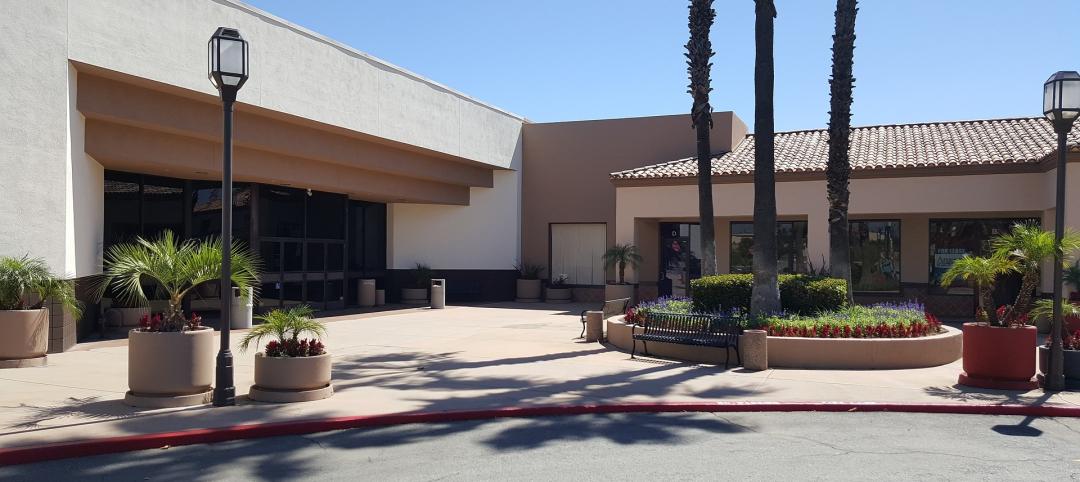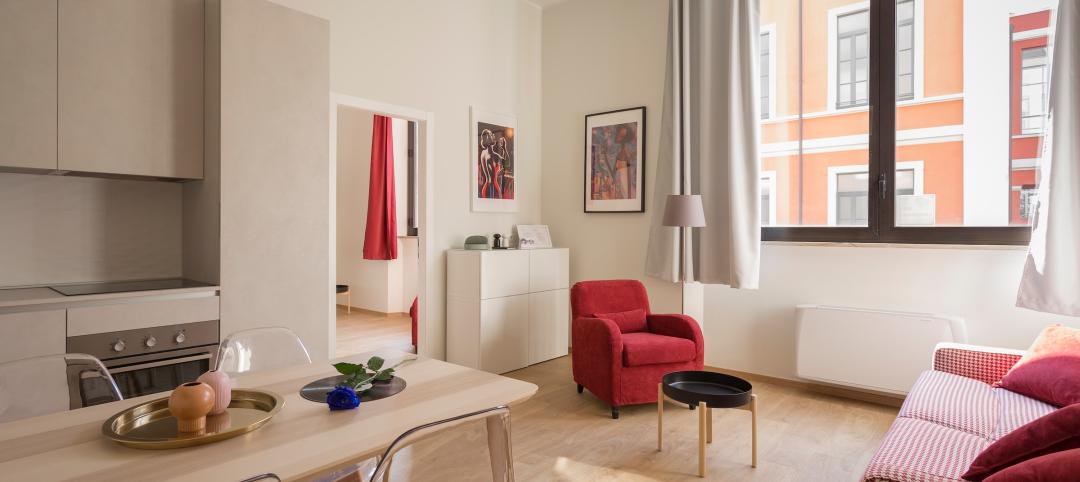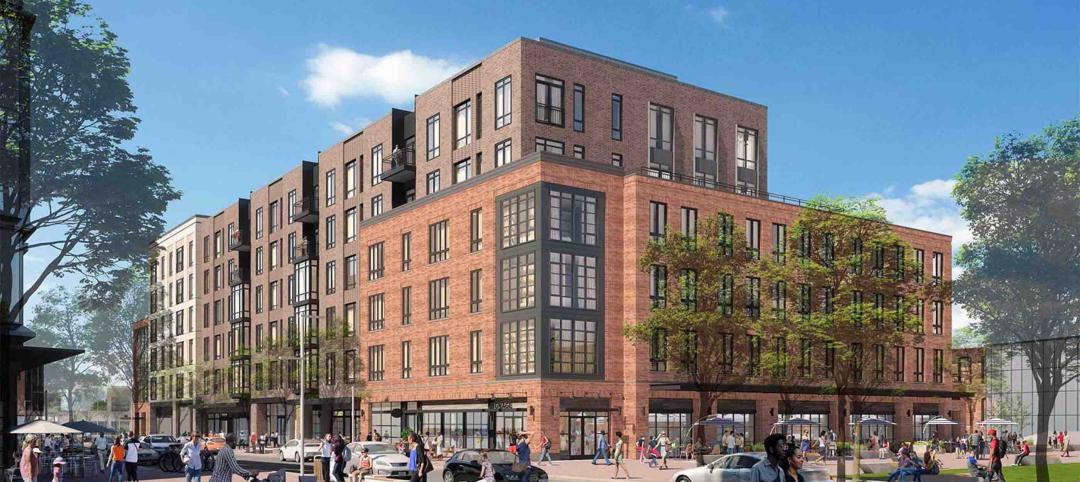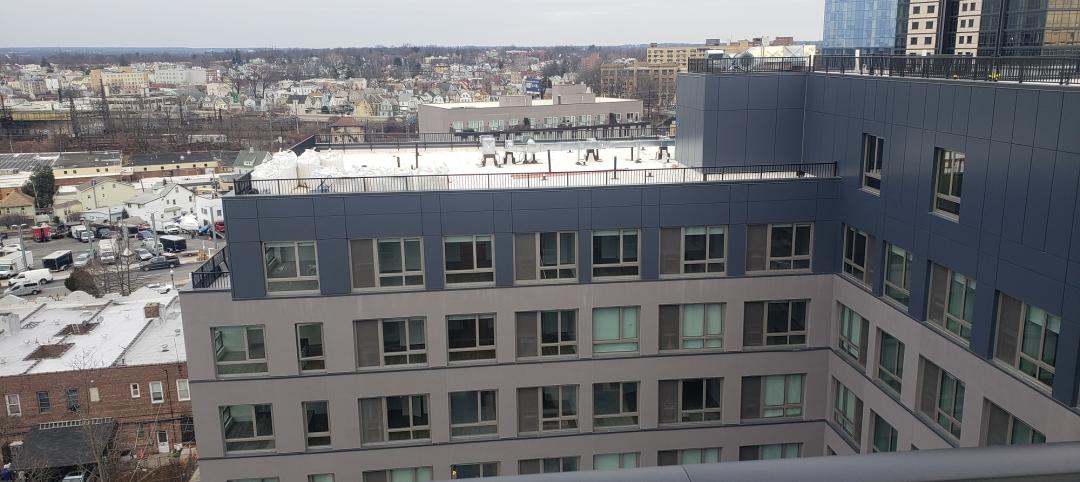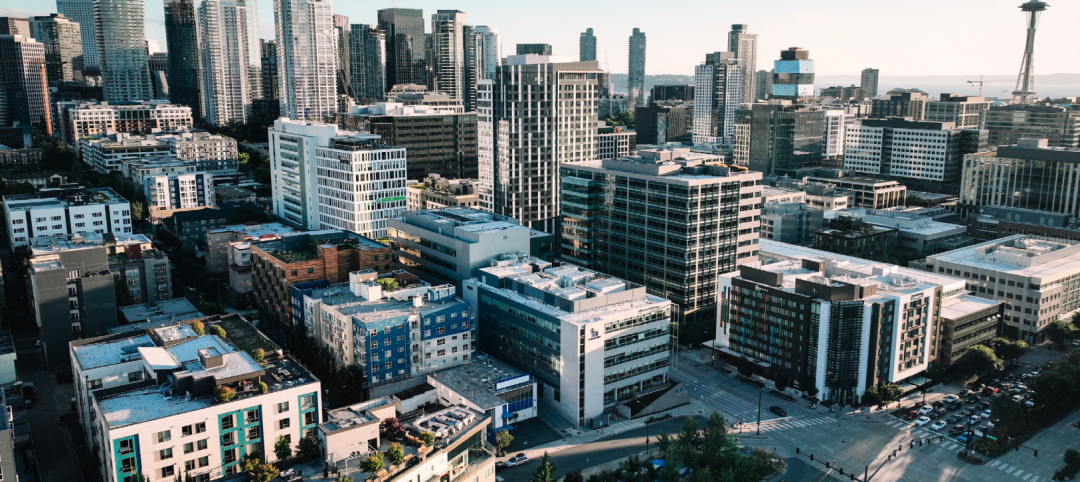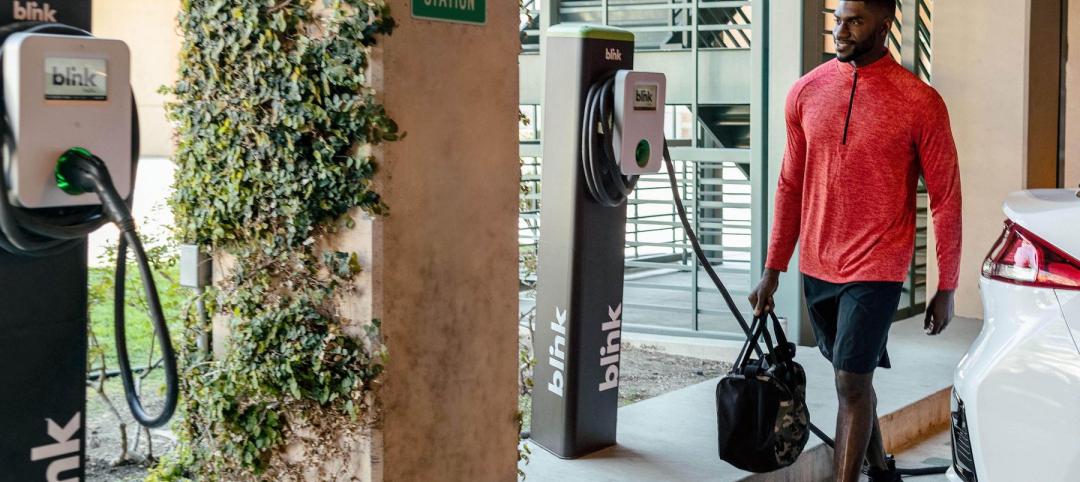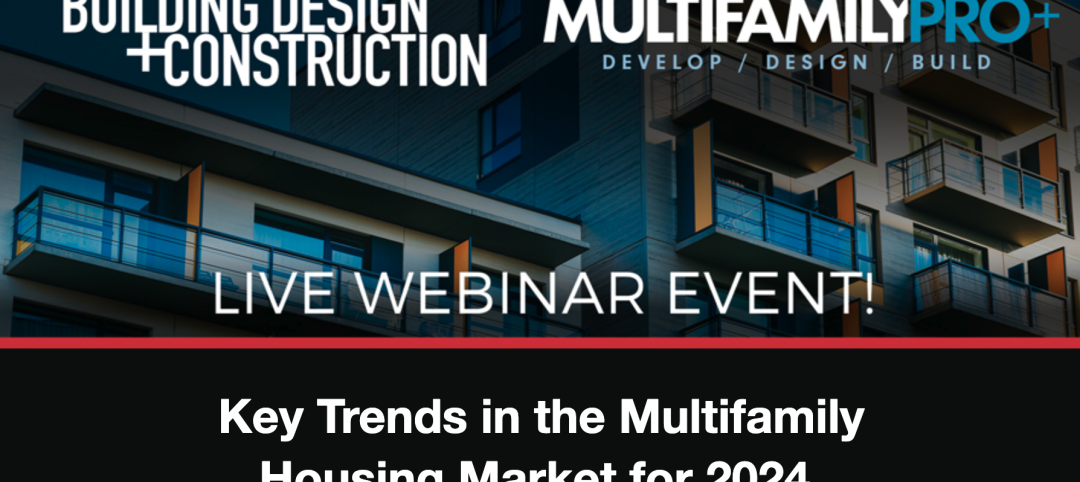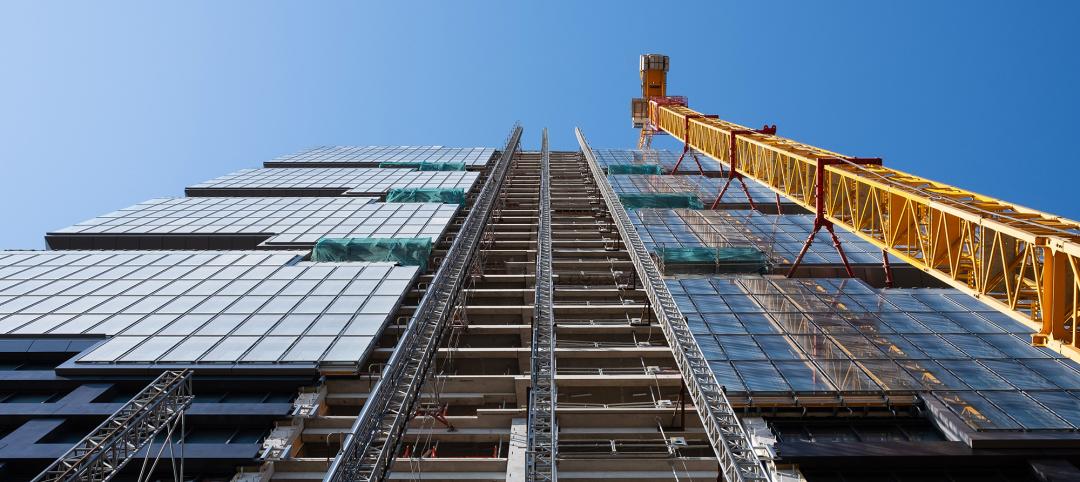Few people would have taken a look at a century-old cigar box factory with crumbling masonry and rotted wood beams and envisioned stylish loft condos, but Miles Development Partners did just that. And they made that vision a reality at Box Factory Lofts in historic Ybor City, Fla.
Once the largest cigar box plant in the world, the Tampa Box Company produced boxes of many shapes and sizes, specializing in pure-cedar containers. Its 200 or so workers also crafted coffee, tea, and spice cans from the finest Florida cedar, Cuban mahogany, mahagua, and other hardwoods. By the 1960s, though, the factory was relegated to being used as a storage facility.
In 2004, Miles Development Partners, Atlanta, purchased the 68,000-sf building and began converting it into 53 two-story lofts, ranging from 950 to 1,700 sf. Though the building had its share of deficiencies, its configuration and location were major pluses.
“The number one advantage was the courtyard,” said Jason Perry, Miles's VP of development. The hidden, interior open-air courtyard was once a favorite break spot for factory workers. After the renovation, it is still a place to relax—the long, rectangular space has been converted to a landscaped pool area. In addition, the size and shape of the building allowed the developer to build units on both sides of the interior hallway, helping to make the economics viable, Perry said.
The project's designers, Atlanta's Lord, Aeck & Sargent Architecture, were sensitive to the character-defining features of the historic building. Ybor City, once a thriving cigar manufacturing area, is a National Historic Landmark District. Located near downtown Tampa, the neighborhood has brick-paved streets and wrought-iron lampposts, with a mixture of detail-rich Mediterranean and classic architecture. The area is a popular destination for locals and tourists who visit its many restaurants, nightclubs, and bars. The Box Factory lies on the southern fringe of the historic district.
The development team worked closely with the Barrio Latino Commission (the local architectural review body) for guidance on design features to ensure that the final product preserved the historic fabric of the district and maintained its architectural integrity. This relationship helped pave the way for rezoning the property from “industrial” to “community commercial,” allowing the structure's conversion to condos.
The commission also provided inspiration for some of the design features. For instance, the developer needed to raise the roof and build a second-story in order to add enough units to make the project financially feasible, but the commission was concerned about the impact on historic appearance. The commission convinced the developer to set back the second floor so that it is not visible from the street. The commission also inspired interior features such as the restoration of original walls, high ceilings, exposed ductwork and conduits, and acid-stained concrete floors.
The preservation work included careful restoration of existing masonry walls, with every joint needing to be regrouted. Workers also removed several layers of paint from the exterior in order to identify and match the original building color. Deteriorated windows were replaced with long-lasting, insulated windows similar in appearance to the originals.
With little on-street parking available, the developer dedicated about one-third of the first floor to indoor parking, allotting one space per bedroom.
The developers took pains to retain many of the building's architectural details. Existing nine-foot-tall windows were restored and original wooden beams were reclaimed and integrated into the design of the lofts. Each unit has 15-foot ceilings in the living room area.
As restoration work progressed, some of the building's flaws were uncovered. One section of foundation was sinking, and a corner of the building had to be rebuilt. Many of the wood beams had more rot and damage than had been expected. “We ended up spending all of our contingency funds, but that was sort of expected,” Perry said. The two-year reconstruction cost was $7.1 million, with the total cost exceeding $11 million.
As of early August, about 65% of the units had been sold, according to Perry. Prices range from $179,000 to $325,000.
City officials hope that the Box Factory Lofts will spur additional high-density residential projects in Ybor City. The project has already spurred some immediate neighborhood enhancements, such as the construction of sidewalks and the addition of on-street parking along Second Avenue.
“This daring redevelopment is a striking example of the rebirth of Ybor City and the Tampa area in general,” said Walker Johnson, FAIA, Johnson Lasky Architects, Chicago, one of the judges for this year's BD+C Reconstruction Awards.
The project demonstrates that a bold vision can re-make even a decaying factory into a desirable, hip residential space with modern amenities, while retaining sensitivity to a storied past.
Related Stories
MFPRO+ News | Nov 21, 2023
Underused strip malls offer great potential for conversions to residential use
Replacing moribund strip malls with multifamily housing could make a notable dent in the housing shortage and revitalize under-used properties across the country, according to a report from housing nonprofit Enterprise Community Partners.
MFPRO+ News | Nov 21, 2023
Renters value amenities that support a mobile, connected lifestyle
Multifamily renters prioritize features and amenities that reflect a mobile, connected lifestyle, according to the National Multifamily Housing Council (NMHC) and Grace Hill 2024 Renter Preferences Survey.
Sustainability | Nov 20, 2023
8 strategies for multifamily passive house design projects
Stantec's Brett Lambert, Principal of Architecture and Passive House Certified Consultant, uses the Northland Newton Development project to guide designers with eight tips for designing multifamily passive house projects.
MFPRO+ News | Nov 15, 2023
Average U.S multifamily rents drop $3 to $1,718 in October 2023: Yardi Matrix
Multifamily fundamentals continued to soften and impact rents last month, according to the latest Yardi Matrix National Multifamily Report. The average U.S. asking rent dropped $3 to $1,718 in October, with year-over-year growth moderating to 0.4%, down 40 basis points from September. Occupancy slid to 94.9%, marking the first decline in four months.
Industrial Facilities | Nov 14, 2023
Some AEC firms are plugging into EV charging market
Decentralized electrical distribution is broadening recharger installation to several building types.
MFPRO+ Special Reports | Nov 14, 2023
Register today! Key trends in the multifamily housing market for 2024 - BD+C Live Webinar
Join the BD+C and Multifamily Pro+ editorial team for this live webinar on key trends and innovations in the $110 billion U.S. multifamily housing market. A trio of multifamily design and construction experts will present their latest projects, trends, innovations, and data/research on the three primary multifamily sub-sectors: rental housing, senior living, and student housing.
Multifamily Housing | Nov 9, 2023
Multifamily project completions forecast to slow starting 2026
Yardi Matrix has released its Q4 2023 Multifamily Supply Forecast, emphasizing a short-term spike and plateau of new construction.
MFPRO+ News | Nov 1, 2023
Washington, D.C., Queens, N.Y., lead nation in number of new apartments by zip code
A study of new apartment construction by zip code showed Washington D.C., and the Queens borough of New York City are the hottest multifamily markets since 2018, according to RentCafe.
Adaptive Reuse | Nov 1, 2023
Biden Administration reveals plan to spur more office-to-residential conversions
The Biden Administration recently announced plans to encourage more office buildings to be converted to residential use. The plan includes using federal money to lend to developers for conversion projects and selling government property that is suitable for conversions.


